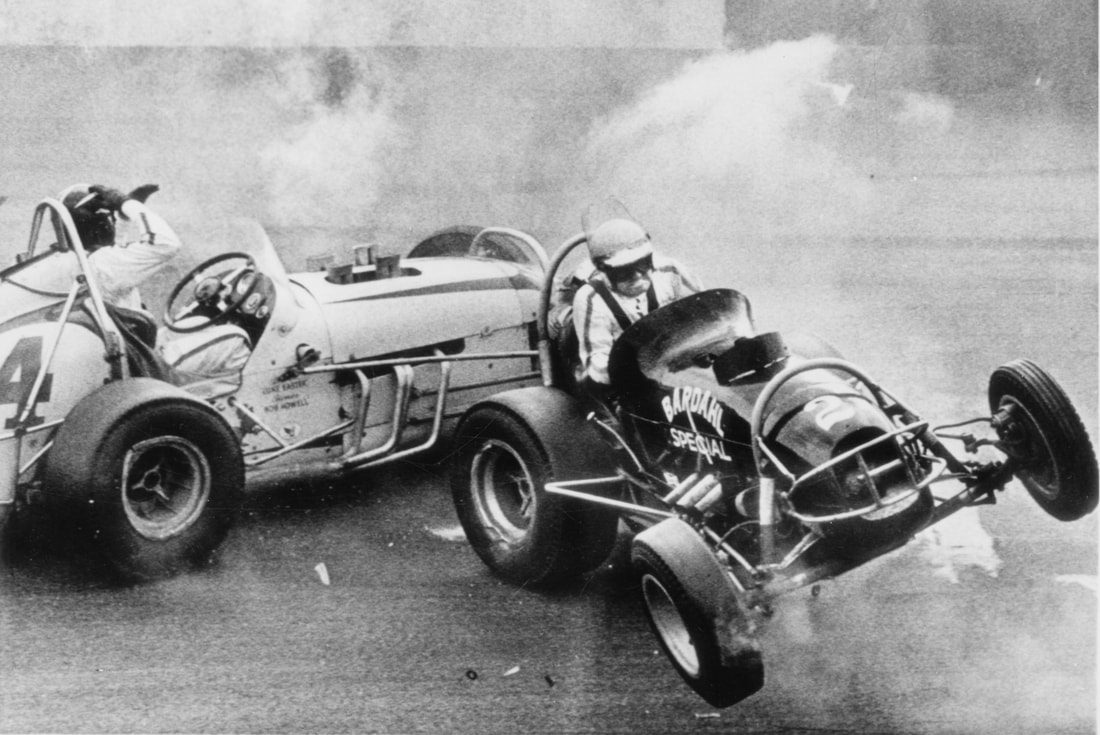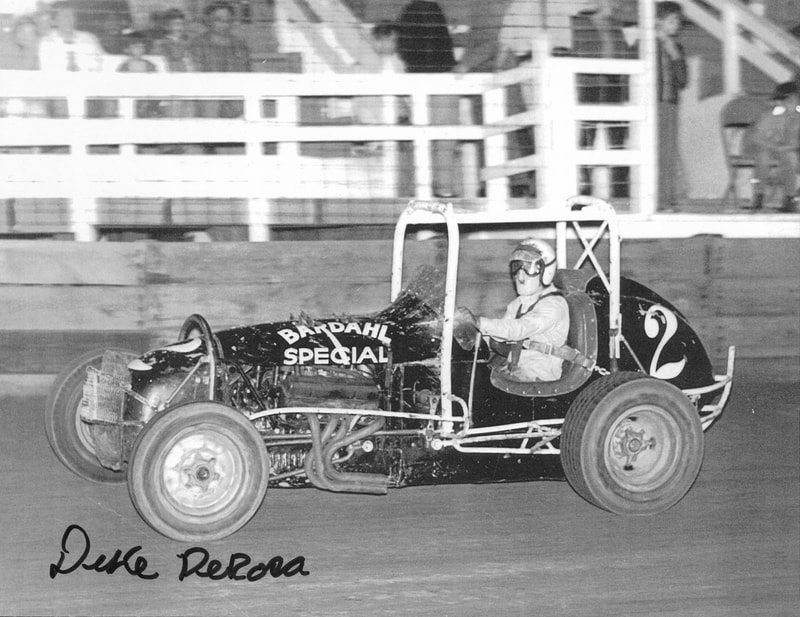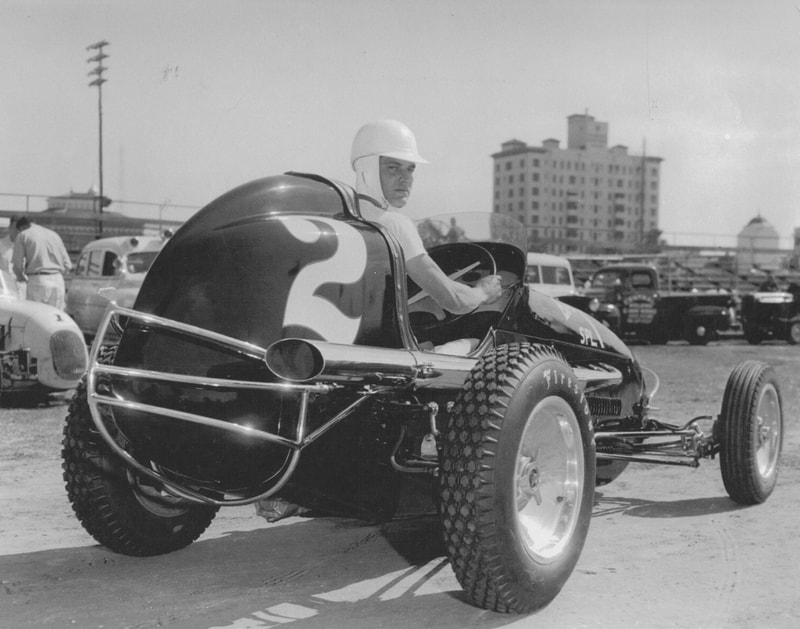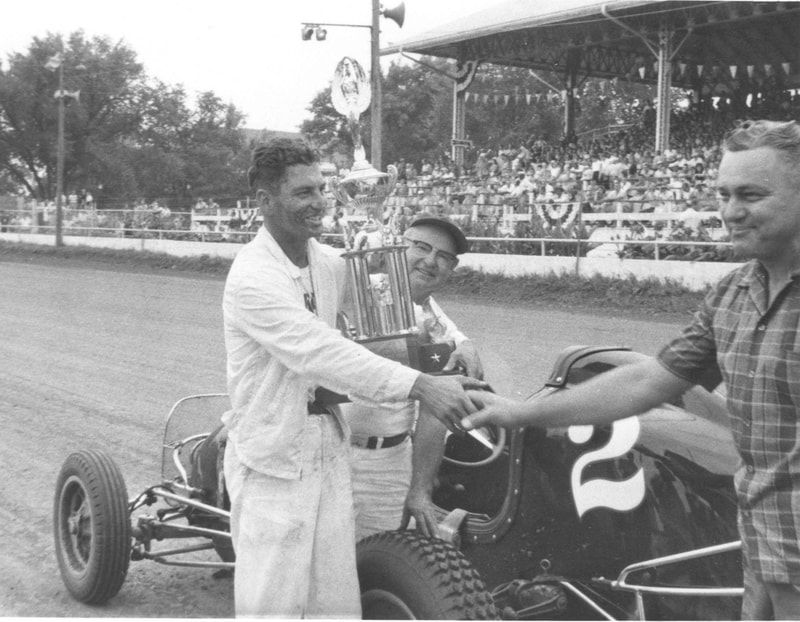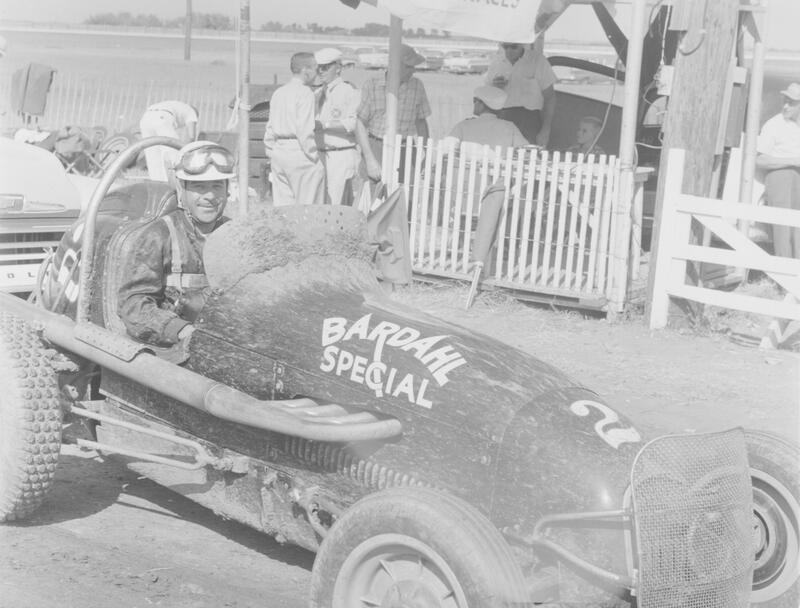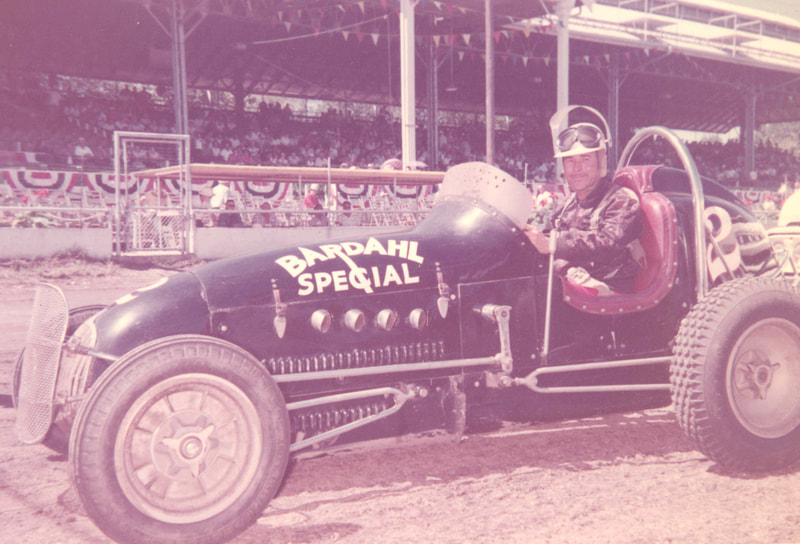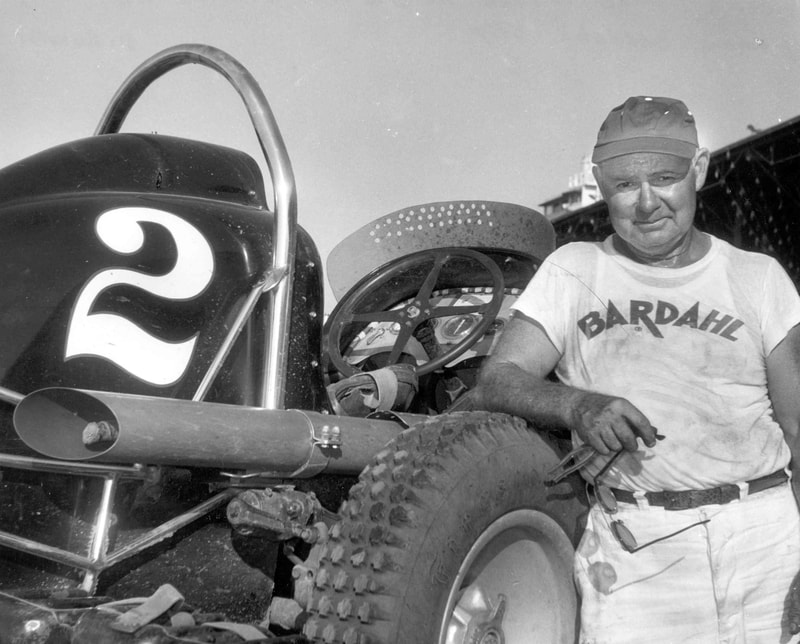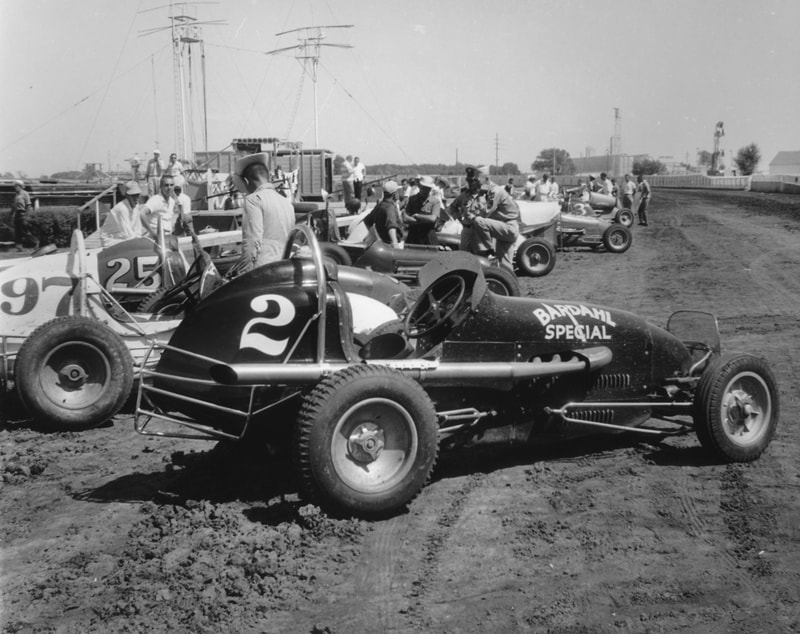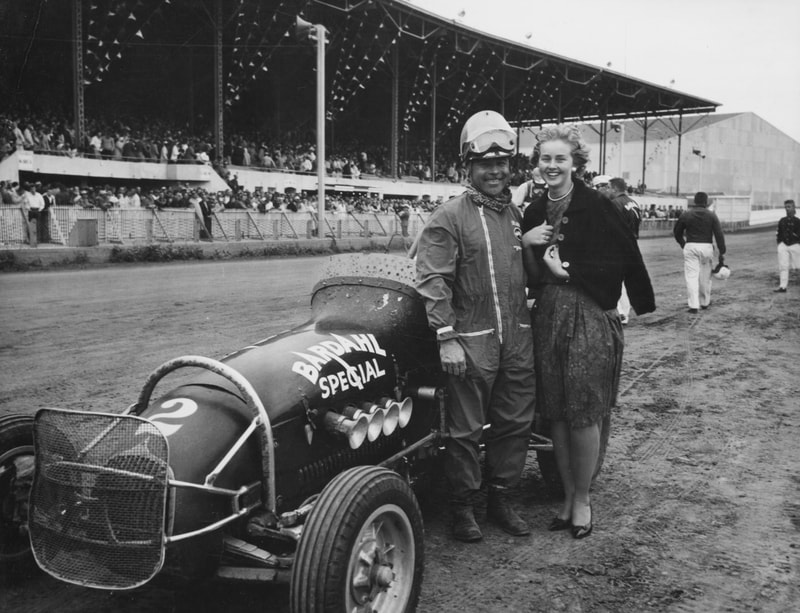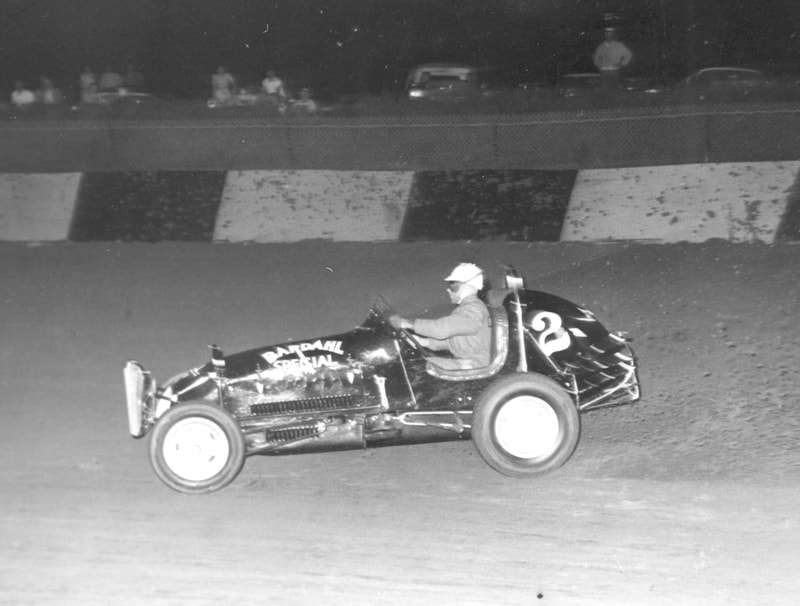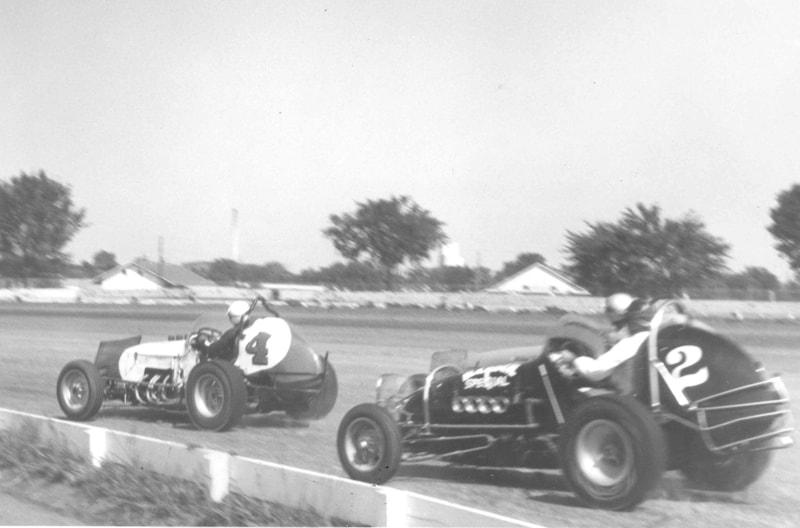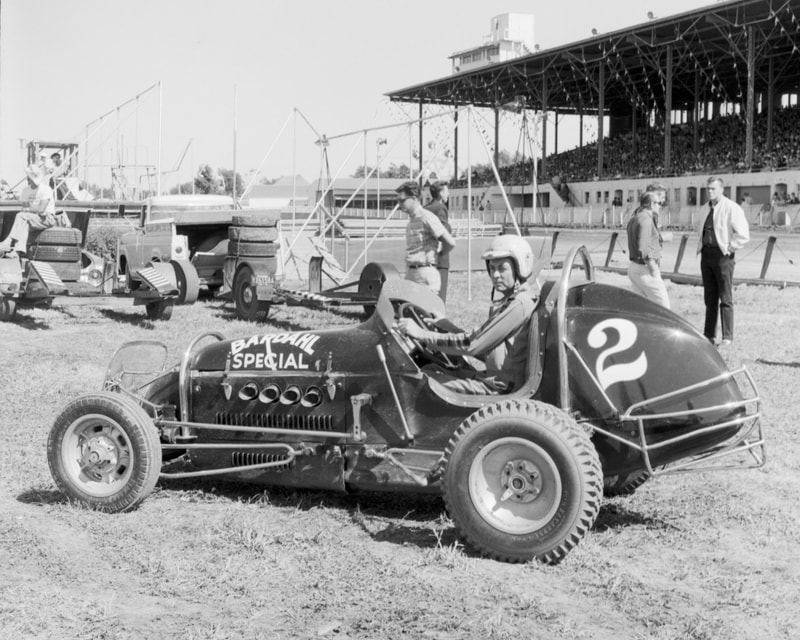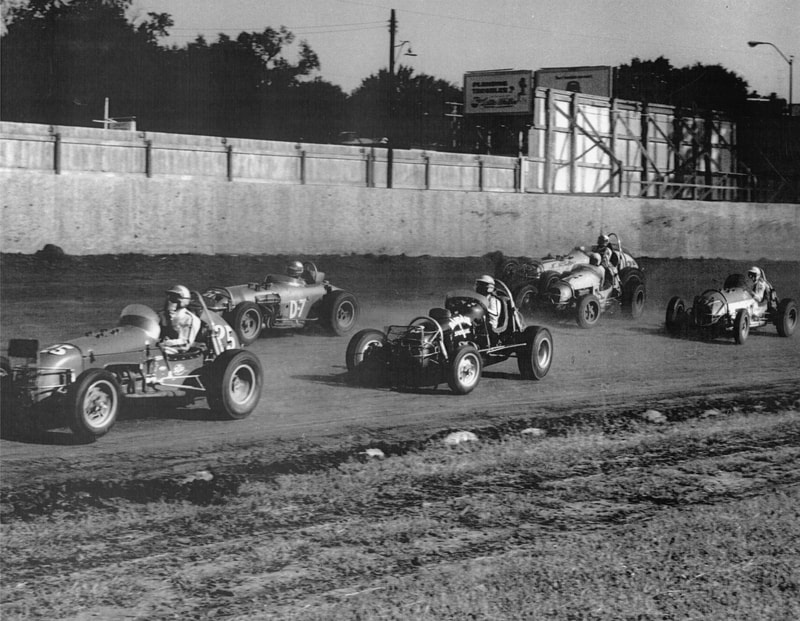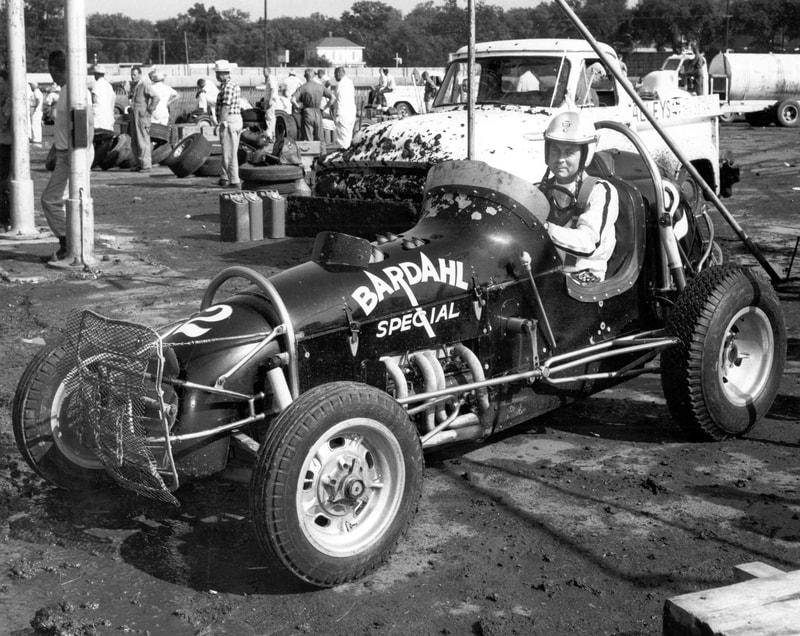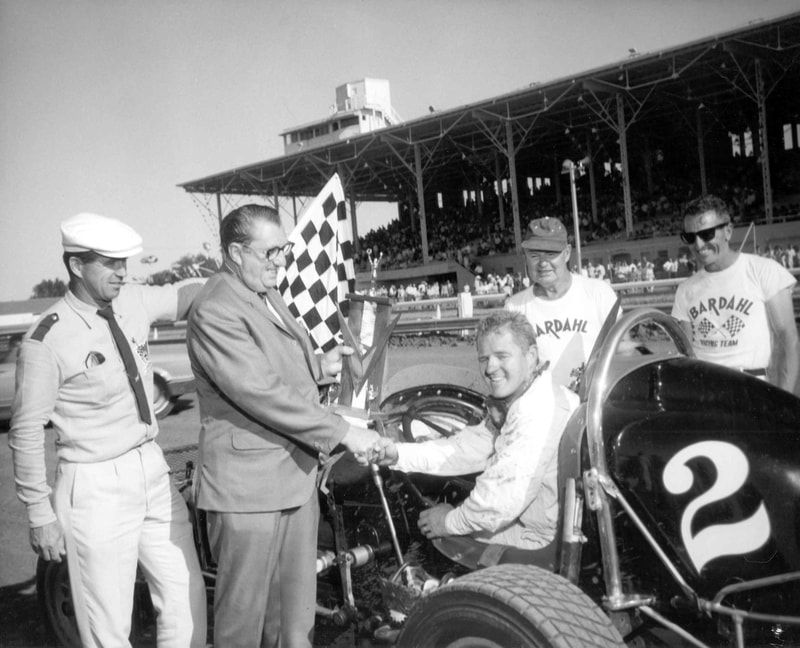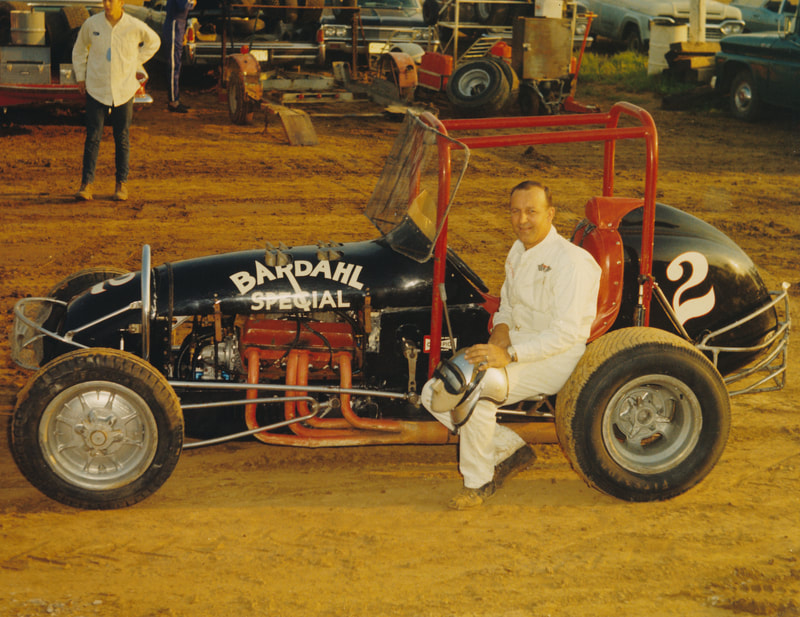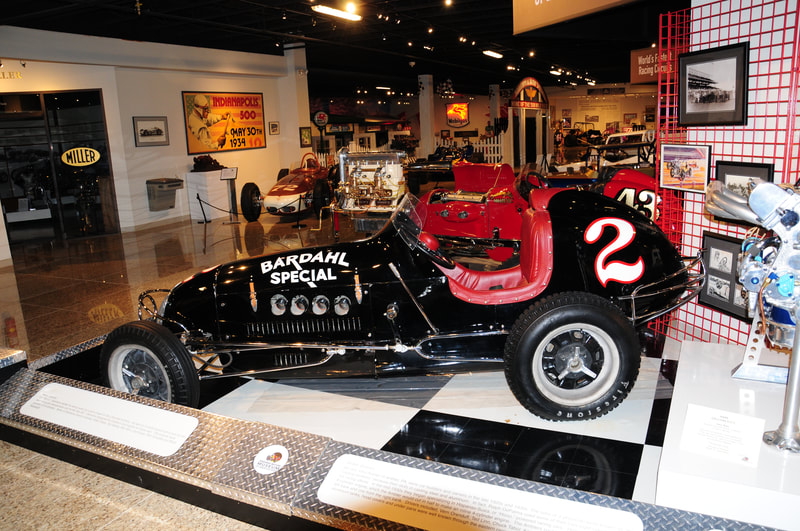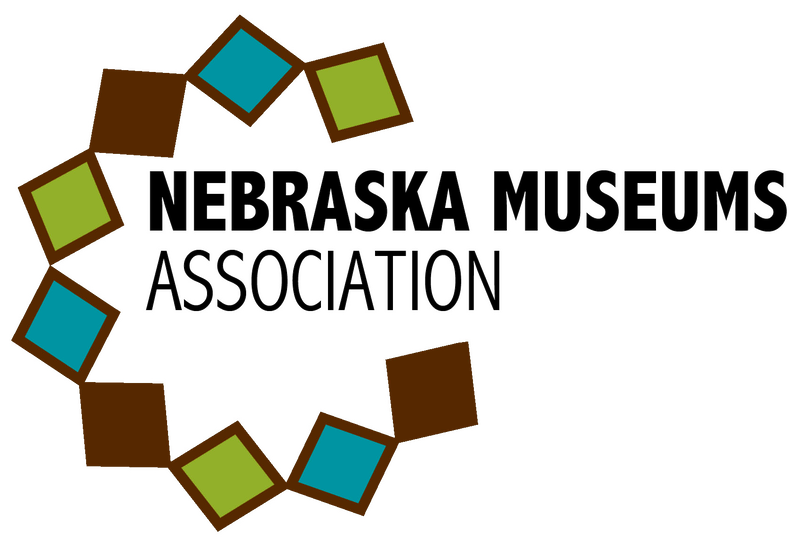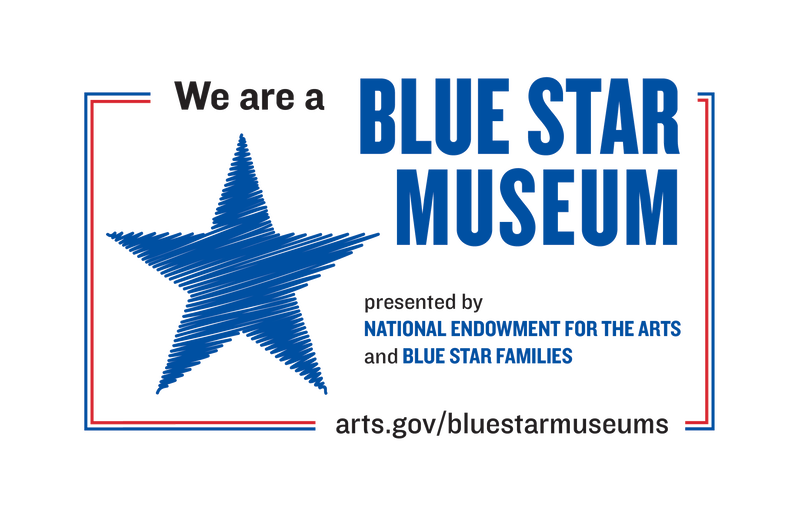- About
-
Collection
- Collections >
-
Vehicles
>
- Art Gallery >
- Drag Racing >
-
Engines
>
-
Indy Racing
>
- Land Speed >
-
Open Wheel
>
- Champ Dirt >
-
Sprints
>
- #11 Kinser Sprint Car
- Wolfgang 4x Sprint car
- Wolfgang #4 Sprint Car
- Opperman's 4x Sprint Car
- #96 Trostle Sprint Car
- Mechanical Rabbit
- #1 Dunseth Sprint Car
- #5 Randol Offy
- #43 Christie Miller
- Tamale Wagon
- #1 Kodiak Special
- Channel-Lock Special
- Andy Gump Sprint Car
- #94 Kenny Weld Sprint Car
- Black Deuce
- #30 P.O.B Sprint Car
- #20 Krasek Sprint Car
-
Midget Racers
>
- Stealth Special
- Lloyd Axel #5
- Edmunds-Sesco Midget
- #97 Henderson
- #46 Kurtis Kraft Offenhauser
- #1 Edmunds-Kenyen
- #10 Lynch Offy
- #1 Bardahl Special
- #4 Ramada Inn Offy
- #76 Honker
- #4 Rex Mays Offy
- #44 Ed's Auto V8-60
- Lewis-Yeley Midget
- Wilke-Pak Mopar
- #8 Reichenbach SESCO Midget
- #78 Red Caruthers Midget
- Quarter Midgets >
- Super Modified >
- Orphan Engines (Misc.) >
- Pikes Peak
- People >
- Show Cars >
- Toys and More
- Events
- Get Involved
- Visit
- Store
- Login

